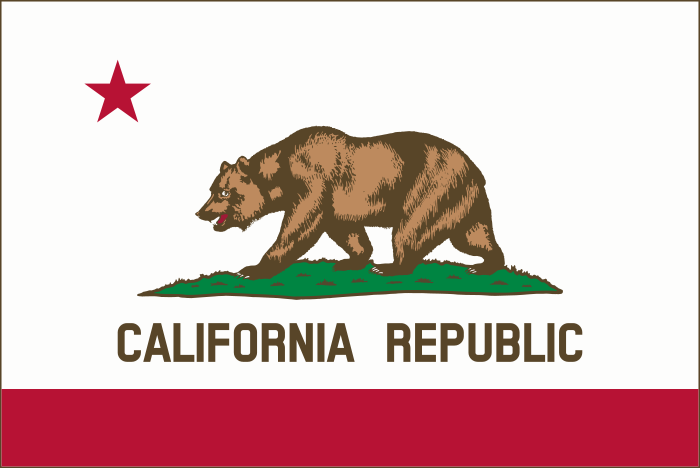California Proposition 22 has become one of the most expensive ballot measure contests to ever appear on a ballot in California. Based on campaign finance reports available on September 4, 2020, the campaign Yes on Proposition 22 received $181.4 million from five rideshare and app-based companies—Lyft, Uber, DoorDash, InstaCart, and Postmates.
Proposition 22 would classify app-based drivers as independent contractors and not employees or agents. The ballot measure was designed to override Assembly Bill 5 (AB 5), signed in September 2019, on the question of whether app-based drivers are employees or independent contractors.
In August 2019, DoorDash, Lyft, and Uber provided a combined $90 million to the ballot initiative campaign, which was 18 days before Gov. Gavin Newsom (D) signed AB 5. The ballot initiative, which became Proposition 22, was filed on October 29, 2019. Brandon Castillo, a spokesperson for the campaign supporting the initiative, stated, “We’re going to spend what it takes to win. It’s been widely reported that three of the companies already shifted $90 million, but we’re still in the early phases. The bottom line is: We’re committed to passing this.”
The campaign No on Prop 22 received $4.8 million through September 4. Two labor unions—the International Brotherhood of Teamsters and SEIU-UHW West—provided about 52% of the campaign’s total funds.
Not only is Yes on Proposition 22 the most expensive campaign Ballotpedia has tracked in California, but the combined funds between supporters and opponents—$186.2 million—makes Proposition 22 the most expensive California ballot measure contest overall.
Before Proposition 22, campaigns for four veto referendums against gaming compacts—Propositions 94, 95, 96, and 97—raised a combined total of $154,554,073 in contributions. The single most expensive ballot measure was Proposition 87, which had $150,770,683 in total contributions for and against the measure. Proposition 87 would have imposed a severance tax on oil production to fund alternative energy research and projects but was defeated.
Across the United States, the five most expensive ballot measures of 2020 are, to date, California Proposition 22 ($186.2 million), an Illinois constitutional amendment that would allow for a graduated income tax ($79.7 million), California Proposition 21 ($32.9 million), Massachusetts Question 1 ($31.3 million), and California Proposition 15 ($26.3 million).


